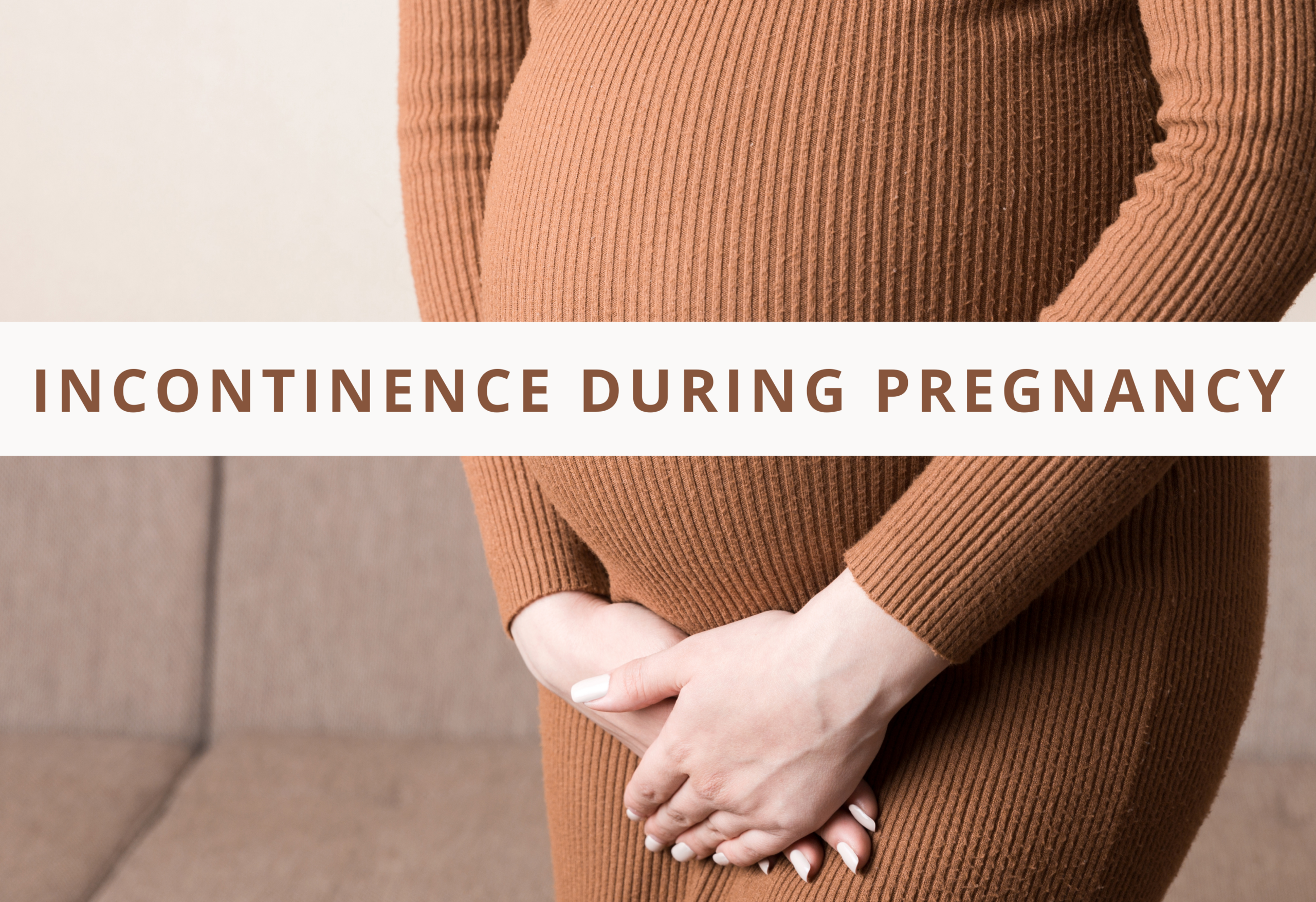Navigating Urinary Incontinence During Pregnancy: Understanding And Relief
Pregnancy is a journey filled with various physical and hormonal changes, some of which can lead to urinary incontinence. This condition, characterized by the involuntary leakage of urine, can vary from mild to severe and affects an estimated 40–75% of pregnant individuals. Let’s delve into why this happens, how to manage it, and when it’s important to consult your midwife or healthcare provider.
Why Does Urinary Incontinence Occur During Pregnancy?
Urinary incontinence during pregnancy is primarily due to hormonal changes and the physical pressure of the growing uterus on the bladder and pelvic floor muscles. Progesterone, a hormone that increases during pregnancy, relaxes the muscles of the ureterovesical angle, making it harder to control urine flow. Additionally, the gravid uterus exerts increased pressure on the bladder, contributing to leakage, especially during activities like sneezing, laughing, or coughing.
Managing Urinary Incontinence
Self-Care and Relief Measures:
- Frequent Bladder Emptying: Make regular trips to the bathroom to minimize the risk of leakage.
- Use Panty Liners: Wearing panty liners can offer peace of mind and keep you comfortable throughout the day.
- Pelvic Floor Exercises: Regularly performing Kegel exercises, about 75–100 times a day, can significantly strengthen the pelvic floor muscles, improving bladder control during and after pregnancy.
These measures can often mitigate mild cases of urinary incontinence, ensuring minimal impact on your quality of life. However, more significant incontinence can lead to distress and negatively affect your day-to-day activities.
When To Seek Professional Help
While urinary incontinence is common during pregnancy and often improves postpartum, there are certain situations when professional advice is necessary:
- Persistent Incontinence Postpartum: If incontinence continues for more than six weeks after delivery, a referral for urogynecological evaluation may be needed to assess and address the issue.
- Severe Discomfort: If urinary incontinence is causing significant distress or impacting your quality of life, discussing relief options with a healthcare provider is crucial.
- Strength Training: Consulting a physical therapist specialized in pelvic physiotherapy can be beneficial. They can offer personalized guidance on pelvic floor exercises to strengthen the musculature effectively.
Experiencing urinary incontinence during pregnancy can be challenging, but it’s a common issue with manageable solutions. By understanding the underlying causes, implementing self-care measures, and knowing when to seek professional advice, you can navigate this aspect of pregnancy with confidence. Remember, your healthcare provider or midwife is there to support you through any concerns you may have during this transformative time.
Urinary incontinence may be a temporary inconvenience for many, but with the right approach, you can mitigate its impact and focus on the joy of expecting.
FAQs about Urinary Incontinence in Pregnancy
- Why does urinary incontinence happen during pregnancy? Urinary incontinence during pregnancy is mainly due to the pressure the growing uterus places on your bladder, coupled with hormonal changes that relax the pelvic floor muscles. These factors can make it harder to control urine flow, especially when coughing, laughing, sneezing, or exercising.
- Is urinary incontinence a sign of a problem during pregnancy? For most, urinary incontinence is a common and normal part of pregnancy, especially in the later stages as the baby grows and puts more pressure on your bladder. However, if you experience pain, burning during urination, or other unusual symptoms, it’s important to consult your midwife or healthcare provider as it could indicate a urinary tract infection or other condition.
- Can urinary incontinence be prevented during pregnancy? While not entirely preventable, you can reduce the frequency and severity of urinary incontinence by performing pelvic floor exercises, commonly known as Kegel exercises, to strengthen the muscles that control urination. Staying within the recommended weight gain, avoiding constipation, and not holding urine for too long can also help manage symptoms.
- Will urinary incontinence continue after I give birth? Many people find that urinary incontinence improves after childbirth as the pressure on the bladder decreases and the pelvic floor muscles recover. Continuing pelvic floor exercises after giving birth can help speed up recovery. If incontinence persists more than six weeks postpartum, it’s a good idea to seek further evaluation.
- What can I do to manage urinary incontinence during pregnancy? Managing urinary incontinence can include:
- Regular pelvic floor exercises to strengthen the muscles around your bladder.
- Planning regular bathroom breaks to avoid accidents.
- Wearing panty liners for peace of mind.
- Avoiding caffeine, which can irritate the bladder.
- Keeping hydrated, as reducing fluid intake can concentrate urine and irritate the bladder further.
If incontinence significantly impacts your quality of life, discussing further management strategies with your midwife or a specialist is important.





